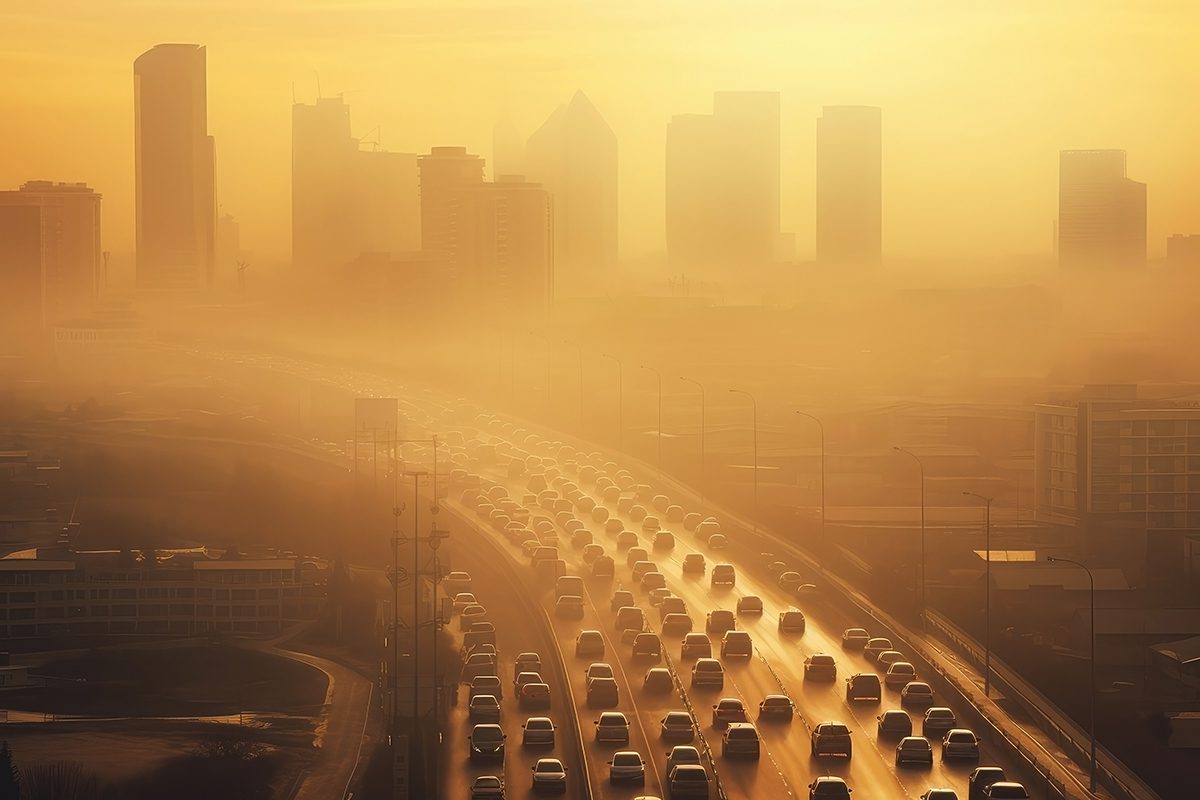A recently House-passed piece of legislation could stop states like California from limiting the sale of internal combustion engines.
House Bill 1435, or the Preserving Choice in Vehicle Purchases Act, would modify the waiver process instituted by the Clean Air Act, which gives the U.S. Environmental Protection Agency the power to grant waivers to states looking to adopt stricter emission control standards. Last year, the California Air Resources Board passed the Advanced Clean Cars II rule, mandating that all new passenger cars, trucks, and SUVs sold in California must be zero emissions by 2035. This rule, which essentially bans the sale of internal combustion engines in the Golden State, will be null and void if 1435 is passed and signed into law, directing the EPA to revoke all existing and future waivers under the Clean Air Act.
The bill, which passed the House by a 222-190 vote, has ruffled a few feathers, including those at the top of the Washington food chain. Two days before the billed made it through the House, the White House released a letter opposing the move to restrict the EPA’s authority.
“Congress acted to preserve California’s authority to regulate emissions from vehicles over 50 years ago and repeatedly ratified and strengthened that authority in subsequent enactments,” read the letter. “Congress protected the state’s authority to address its unique and ongoing air quality challenges and to give other states the option to adopt the innovative clean car and truck technologies California pioneered. H.R. 1435 would restrict the ability of California and its citizens to address its severe air pollution challenges.”
Before the vote, Energy and Commerce Committee Ranking Member Frank Pallone, Jr. (D-NJ) addressed the floor with his opposition to the bill, calling out Republican members as wanting to “bury their heads in the sand and ignore reality, even while more than 100 million Americans are right now living in counties with unhealthy levels of air pollution.”
“Republicans’ portrayal of this bill as protecting consumer choice is completely detached from reality. This bill will discourage any manufacturing of hybrid or electric vehicles. There would be no incentives for automakers to invest in the production of hybrids and EVs and they would simply not be available as a cleaner and cheaper choice,” said Pallone.
There was support from the other side of the aisle, with House Energy and Commerce Committee Chair Cathy McMorris Rodgers (R-WA) testifying before the House Rules Committee two days prior to the vote. Rodgers called the legislation a way to ensure “Americans can continue choosing the vehicles that best suit their lives. It’s about making sure people have the option of driving practical, functional, and affordable cars.” He went on to describe rules such as California’s Advanced Clean Cars II regulation as “divorced from reality. They’re unaffordable and impractical for most Americans.”
The next stop for the Preserving Choice in Vehicle Purchases Act is the Democratic-controlled Senate, which could put a halt to the bill before it reaches President Biden’s desk.



